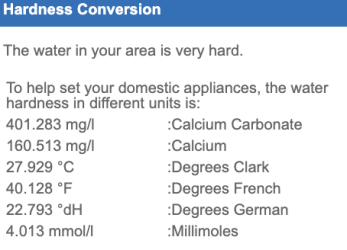Stevetheadi
New Member
Hi
The pH of my 64L tank was a high - pH8.
So I changed about half the tank's water with RO water, thinking that would start to bring it down.
But checked the pH and it's now pH6.5.
Is that too much of a change?
Should I change the water again and add some high pH tap water?
The pH of my 64L tank was a high - pH8.
So I changed about half the tank's water with RO water, thinking that would start to bring it down.
But checked the pH and it's now pH6.5.
Is that too much of a change?
Should I change the water again and add some high pH tap water?


